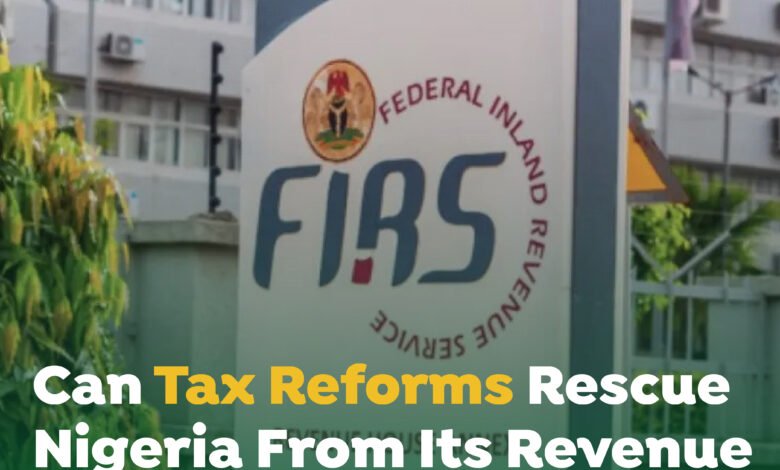
Taxes are the lifeblood of any democracy. They fuel the engine of government, funding essential services like education, healthcare, and infrastructure. However, in Nigeria, a nation struggling to provide basic amenities, a critical question arises: are citizens truly fulfilling their tax obligations?
While developed nations boast high levels of tax compliance, fueled by the tangible benefits citizens receive, the story in Nigeria is vastly different. Successive governments have grappled with expanding the tax net, often failing to articulate a clear vision for how tax revenue translates to national progress.
PFPTRC Rescue Mission
The Presidential Fiscal Policy and Tax Reforms Committee (PFPTRC) acknowledges Nigeria’s revenue crisis and aims to address the country’s alarmingly low tax-to-GDP ratio, which is significantly lower than the global average and other African nations.
According to Taiwo Oyedele, chairman of the charter, “Nigeria has a revenue crisis that affects all tiers of government. The country’s Tax to GDP ratio is one of the lowest in the world and much below the African average.” The document highlights key challenges facing Nigeria’s fiscal and tax system, including revenue mobilization, quality of spending, and sustainable debt management.
Additionally, the document identifies weak coordination between fiscal and other economic policies, multiplicity of taxes and revenue generation agencies, poor accountability, and inefficient utilization of government revenue as major challenges.
The PFPTRC outlines its purpose and direction to address these challenges: The committee aims to harmonize multiple taxes and levies into a few broad-based, high-revenue-yielding, and easier-to-administer taxes. It also seeks to unify revenue collection functions into a single agency per government, improve public financial management with a focus on efficiency and quality of spending, and optimize non-tax revenue and ensure sustenance.
The charter is divided into 3 Pillars with 5 Dimensions and 10 Deliverables, focusing on Fiscal Governance, Revenue, Transformation, Economic Growth Facilitation, and Fiscal management, revenue administration, Tax policy review, Tax law reform, and Fiscal Competitiveness.
The expected outcomes of the charter include the repeal of suboptimal taxes and enactment of harmonized tax laws, a harmonized (single-digit) list of taxes and levies, a revised national Tax policy, and a national fiscal risk framework.
In its first phase, the document aims to identify areas of fiscal interventions to cushion the impact of fuel subsidy removal and exchange rate unification on vulnerable households and businesses.
It also seeks to identify economic distortions and revenue leakages in fiscal policies, revenue laws, and administrative practices that can be addressed immediately, and identify quick wins to raise revenue, and remove fiscal constraints, and impediments to investments and prosperity.
‘Tax Experts Weigh In’
Toluwalogo Odutayo, partner at Deloitte and Touche, said the need to bridge the gap between tax authorities, tax practitioners and taxpayers is critical. She noted that tax authorities need to educate taxpayers on the modalities of filing their taxes.
Adewale Ajayi, Partner Tax, Regulatory and People Services at KPMG, pointed out that corruption and ineffective leadership, policy inconsistency/misalignment, overdependence on oil revenue, sustained currency depreciation, insecurity, low level of tax compliance and poor tax administration, high inflationary pressure and interest rates had greatly stifled Nigeria’s economic growth
It is widely agreed that the PFPTRC’s tax reform initiative represents a critical step towards addressing these challenges.
By streamlining the tax system, ensuring efficient revenue collection, and fostering transparency in government spending, many are positive Nigeria can potentially bridge its revenue gap and unlock the path towards a more sustainable and prosperous future.





